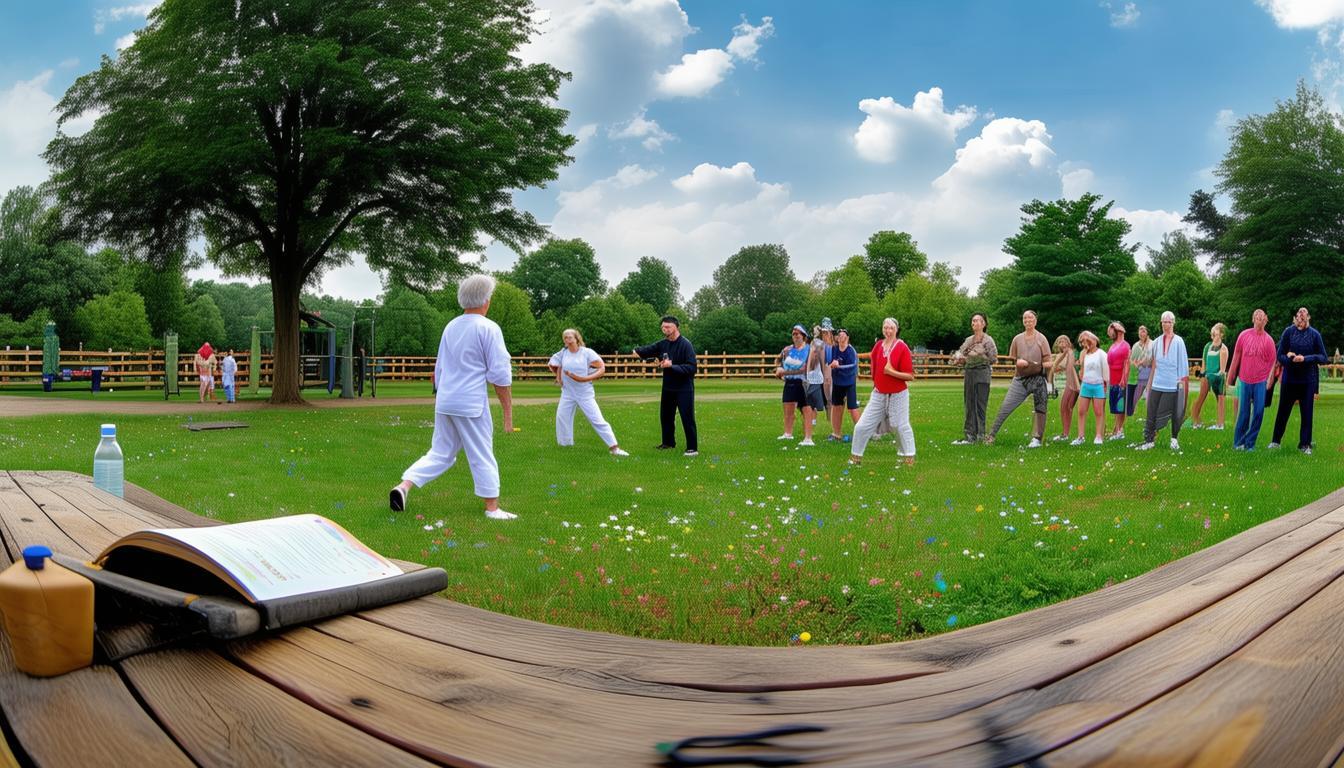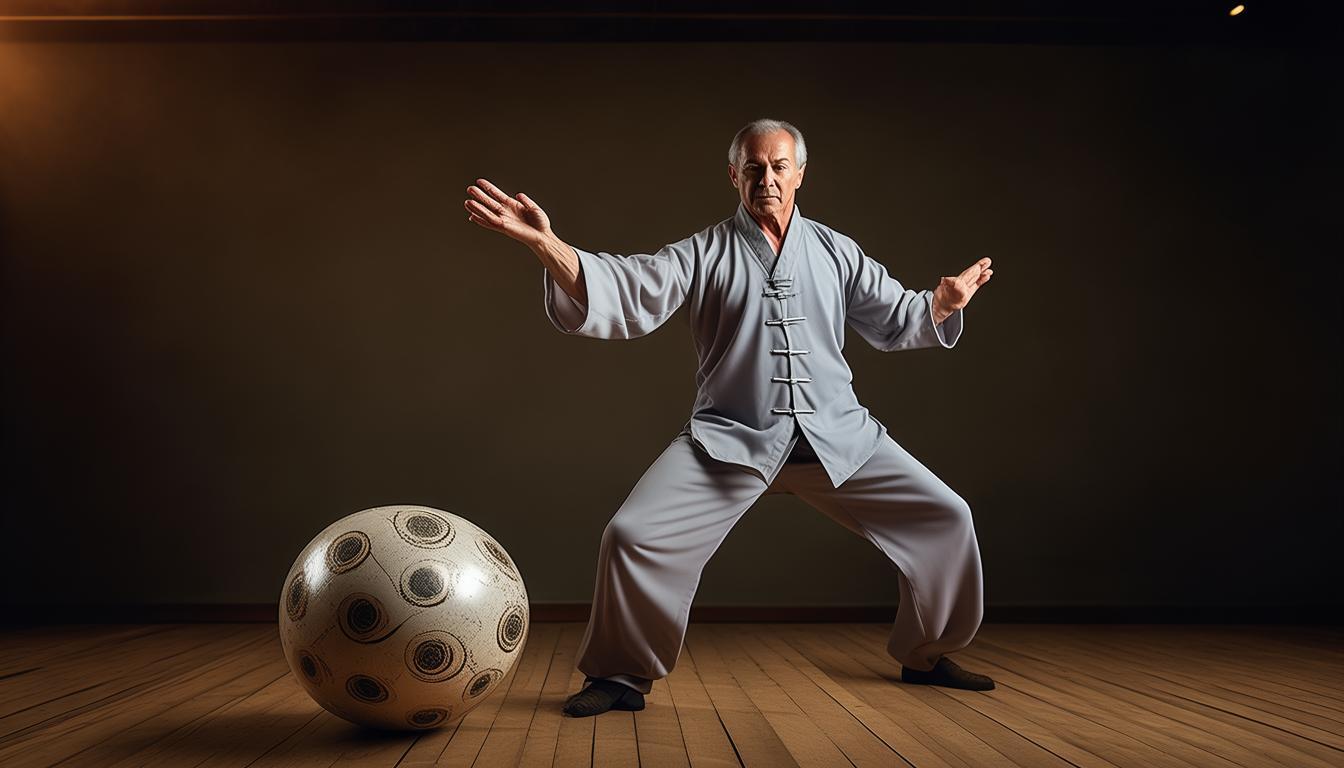The Tai Chi activities promoted by the NHS integrate the core ideas of the British National Medical Service System and the practical methods of Tai Chi movement. This exercise method not only inherits the inherent physical and mental health function of Tai Chi, but also meets the needs of contemporary health maintenance, helping to strengthen physical fitness and reduce mental burden.
What are the benefits of NHS Tai Chi
The NHS Tai Chi activities have many benefits. This exercise can increase the body's flexibility and use slow movements to stretch muscles and joints, thus making the body more flexible. It also helps improve balance and reduce the likelihood of falling Tai Chi And Arthritis , which is especially suitable for middle-aged and elderly groups. From a psychological point of view, it can relax people, relieve stress and tension in daily life, and allow us to deal with life with a more soothing mood.
In addition, continuous NHS Tai Chi exercises help enhance heart and lung function, improve blood flow, and improve body resistance, reduce the possibility of illness, thereby achieving an overall mental and physical balance.
Which group of people are suitable for practicing
NHS Tai Chi is suitable for many people to participate. Practicing for young people can help reduce fatigue in work and study, and can also improve physical discomfort caused by long-term sitting. It can be used by middle-aged and elderly people to enhance their physical fitness and prevent common diseases such as osteoporosis and arthritis. This is also a gentle and beneficial exercise method for people who are weak or are recovering.

Anyone with a weak foundation in exercise can easily start and slowly strengthen their physical fitness. People of all ages, including the elderly and young people, can find fitness methods that meet their needs in NHS Tai Chi.
How to determine the frequency of practice
The number of exercises needs to be determined based on your actual situation. If you are in good health and have free time, you can conduct three to five activities a week, each lasting thirty minutes to one hour. Doing so can keep the body in motion and gradually increase the effectiveness.
If you don’t have much time or your body is just starting to adjust, you can do it once or twice a week. It is important to continue. After the body gradually adapts, slowly increase the number of times and time each time, so that the body can make progress in gradual changes.
What practice skills do you have
When practicing NHS Tai Chi, you should pay attention to the coordination of breathing and movements. When inhaling, the movements should be stretched slowly to fill the whole body; when exhaling, the movements should be steadily contracted and exhale slowly. You must also keep the movements continuous and like flowing water, and there must be no pauses.

You must carefully understand the subtleties of each movement and pay attention to your physical feelings and the flow of power. Only by doing this can you fully appreciate the unique charm and practical effects of NHS Tai Chi.
Where can I learn NHS Taiji
You can register for the NHS Tai Chi class at the community center, where experienced teachers are responsible for teaching, which can help us correct postures and enhance practice effectiveness. Or search for relevant teaching videos through the Internet and exercise with the video at home, which is both convenient and flexible.
Some sports venues may also have NHS Tai Chi projects, so you can go and ask for details. No matter what approach you use, you can embark on a healthy Tai Chi learning path.
Have you ever had any interesting experiences when practicing Tai Chi of the National Health Service? If you think this article is quite valuable, don’t forget to like it and forward it to others!



Leave a Reply